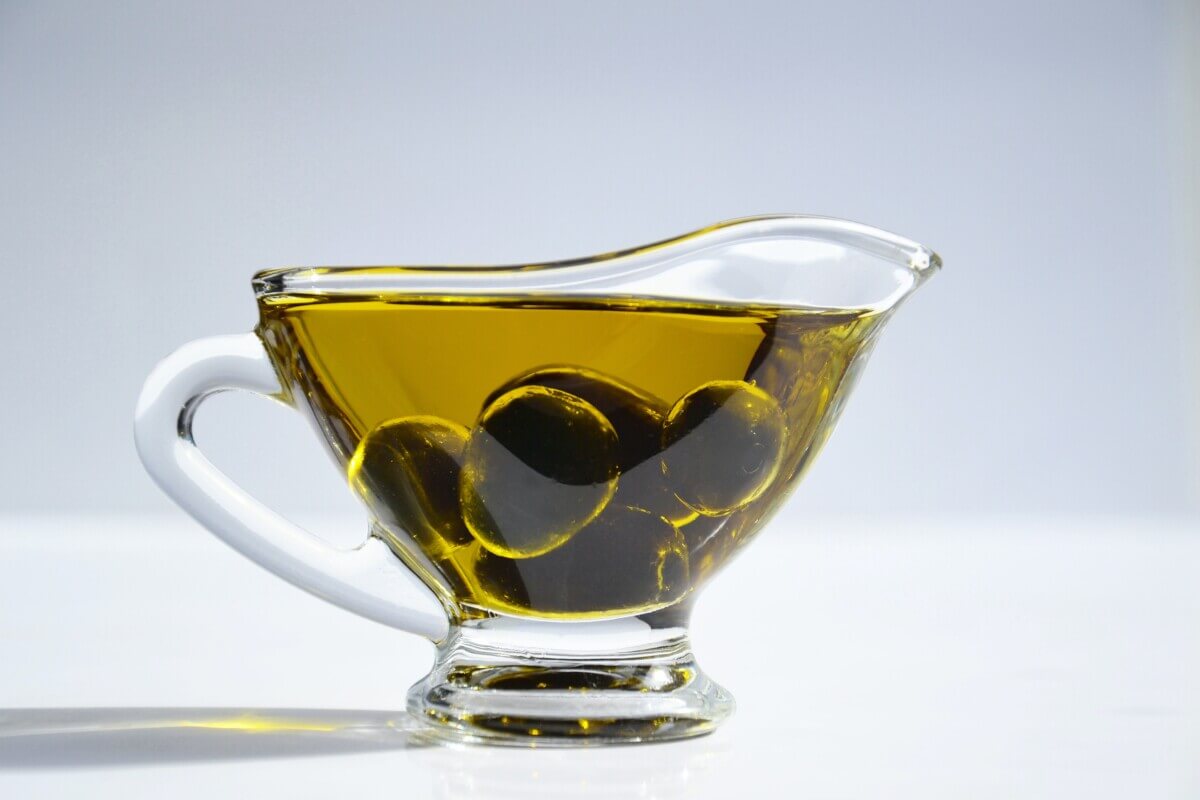
Photo by Mareefe on Pexels.com
SEVILLE, Spain — Olive oil is a pillar of the Mediterranean diet, widely considered one of the healthiest approaches to eating. The health benefits of olive oil are hardly a secret, and most are attributable to its minor components such as polyphenols. Now, a new study is highlighting all of the potential benefits tied to oleic acid, a major component of olive oil, making up about 70 to 80 percent of its composition. Scientists from the Faculties of Pharmacy and Medicine at the University of Seville say olive oil's primary component contains properties that help prevent cancer and Alzheimer’s disease, and lower cholesterol.
When it comes to preventing disease and slowing aging, it's tough to beat the Mediterranean diet. Meanwhile, olive trees are abundant all over the Mediterranean basin. Olive oil, of course, comes from that trees' fruits, and is the most characteristic nutrient and the main fat found in a typical Mediterranean diet. Other aspects which are part of Mediterranean diets include lots of vegetables, moderate fish intake, low-moderate dairy consumption, low red meat intake, and moderate wine consumption.
Oleic acid is the main constituent of olive oil and plays a role in many of its various health benefits. Researchers, in conjunction with professionals from the Seville North and Aljarafe Health District and the Costa del Sol Hospital, explain oleic acid is actually produced by the diet and synthesis in the body itself. Therefore, it is the most abundant monounsaturated fatty acid (MUFA) in the human diet and the principal MUFA in the human circulatory system. In the human brain, it serves as a major part of membrane phospholipids and abounds in the neuronal myelin sheaths. Doctors have observed decreased levels of oleic acid in the brains of patients diagnosed with major depressive disorders and Alzheimer’s.

Olive oil's ingredients may fight cancer
Similar to all free fatty acids, oleic acid's primary function is to serve as an energy molecule and component of cell membranes. One of its biggest characteristics is its antioxidant properties, as it can directly regulate both the synthesis and the activity of antioxidant enzymes. Another benefit is its hypocholesterolaemic effect, or its ability to inhibit the expression of proteins linked with cholesterol transport, reducing cholesterol absorption, and ultimately preventing atherosclerosis.
That's not all. Oleic acid is a recognized anti-cancer molecule thanks to its inhibitory effects on the overexpression of oncogenes and their effects on programmed cell death. Furthermore, researchers generally view oleic acid as an anti-inflammatory molecule, although this topic is still up for debate among scientists.
Even oleoylethanolamide, a derivative of oleic acid, shows signs of having anti-inflammatory and antioxidant effects. Some have proposed it as a potent therapeutic agent to treat obesity. Additional studies point to oleic acid influencing epigenetic mechanisms (direct modifications of DNA and DNA-associated proteins) and the modulation of the immune system via the regulation of cells linked to inflammation.
In conclusion, study authors are also making it a point to note that most prior studies focusing on olive oil used animal test subjects. They recommend further research with humans to confirm the significant properties shown by this molecule and its derivative, oleoylethanolamide.
The study is published in the journal Nutrients.










